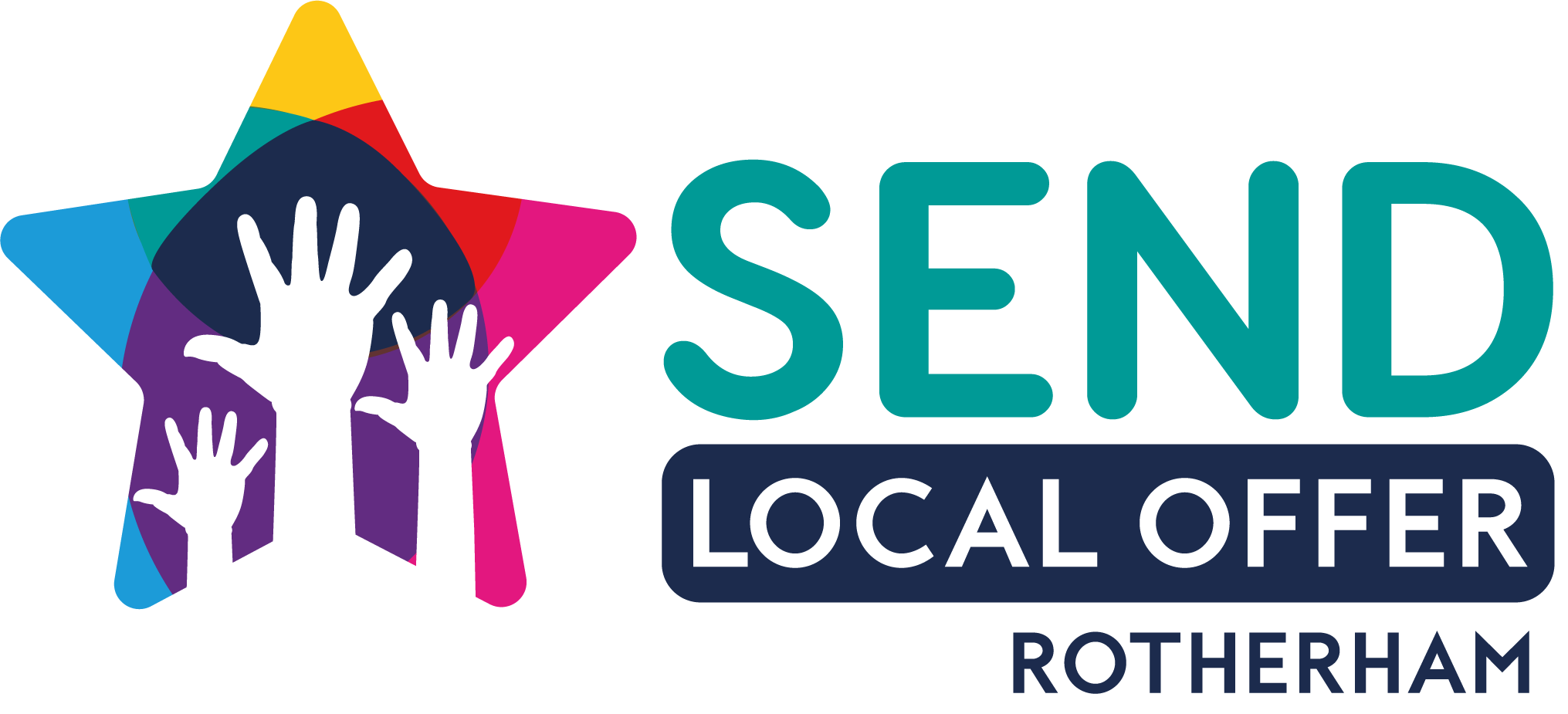Cost of living
Increases in the cost of living can make it harder for us all to do the things that are good for our health and wellbeing. This can be a particular issue for households where a member of the family has additional needs. For example, turning down the heating may not be an option if a child or young person has certain health conditions – and there may be no way round regularly plugging in essential equipment to re-charge it. For this reason, it’s really important that families know about any help they are entitled to.
Find information on how to get financial advice and to explore possible sources of assistance below.
Benefits
There are a range of benefits you may be entitled to. A full list of benefits and when and how payments are made can be found on the Government website.
Housing benefit
Housing benefit is a national scheme administered by the local council for those on low incomes to help pay their rent.
The Rotherham Council website has information about a range of benefits, including housing benefit.
Rotherham Key Choices (Housing register)
Rotherham Key Choices is a service dedicated to helping residents apply for a council property, guiding them through the process from start to finish.
The Department for Work and Pensions (DWP)
The DWP administers a range of disability and carer benefits as well as encouraging people to work and be independent.
Have you been refused a benefit?
The Advocacy and Appeals Service is the Council’s specialist benefit and debt advice service. They can offer you advocacy and representation if you have been refused a benefit.
Click on the link below to complete the form to access the Advocacy and Appeals Service.
Discount cards
There are a number of local and national discounts available to children and young people with SEND and their families.
National discounts
The Max cards offers families of children with additional needs discounts on great days out across the UK including from zoos, castles, bowling alleys and crazy golf.
Families of disabled children in Rotherham can buy a Max card through the Rotherham Parent Carers Forum.
Local discounts
A Rothercard gives discounts on a wide range of leisure activities at Rotherham Council facilities including golf at Grange Park, cycling at Rother Valley Country Park, and Learn to Swim.
Cinema discounts
The CEA Card allows disabled cinema guests to receive a complimentary ticket for someone to go with them when they visit a participating cinema.
Travel discounts
There is information about concessionary travel passes on the Local Offer.
Independent advice
There are a number of organisations outside of the Local Authority who can help you with any money queries you may have.
If you have a question about benefits, work, money, housing problems or something similar, and need help in finding out more about your rights and the options available to you, do consider contacting a local independent advice organisation.
Citizens Advice
Citizens Advice Rotherham offers practical up-to-date information and advice that is free, confidential, independent and impartial. Advice can be given in person or over the phone.
Kiveton Park Advice Centre
Kiveton Park Advice Centre is a community based centre that can advise on a variety of subjects including welfare benefits, disability benefits, tax credits, legal issues, debts, housing and employment.
The centre offers:
- Information and advice
- Practical help with form filling
- Help with debt management issues
- Help with First Tier Tribunal appeals
- Legal advice from volunteer solicitors
Disability Living Allowance (DLA) for children
Disability Living Allowance (DLA) for children may help with the extra costs of looking after a child who:
- is under 16
- has difficulties walking or needs much more looking after than a child of the same age who does not have a disability
They will need to meet all the eligibility requirements.
Disability Living Allowance (DLA) for children: Eligibility (gov.uk)
You can get between £28.70 and £184.30 a week in Disability Living Allowance (DLA) to help look after a child who has a disability or health condition. The amount of DLA you get is made up of 2 parts called ‘components’ – the ‘care component’ and the ‘mobility component’. Each component is paid at different rates.
DLA isn’t means tested, so how much you earn doesn’t impact how much you can get.
Disability Living Allowance (DLA) for children: DLA rates for children (gov.uk)
Help with a DLA application
You can get advice on DLA from the Citizens Advice Bureau
Disability Living Allowance for children (Citizens Advice)
Contact have tips on completing a DLA application form.
Tips on completing the Disability Living Allowance form (Contact.org.uk)
Cerebra have a downloadable guide on completing a DLA application form.
Disability Living Allowance Guide (Cerebra.org.uk)
Disabled Students’ Allowance
Disabled Students’ Allowance (DSA) is support to cover the study-related costs you have because of a mental health problem, long term illness or any other disability.
This can be on its own or in addition to any student finance you get.
The type of support and how much you get depends on your individual needs – not your household income.
Personal Independence Payment (PIP)
Personal Independence Payment (PIP) can help with extra living costs if you have both:
- a long-term physical or mental health condition or disability
- difficulty doing certain everyday tasks or getting around because of your condition
You can get PIP even if you’re working, have savings or are getting most other benefits.
Carer’s Allowance
You could get £81.90 a week if you care for someone at least 35 hours a week and they get certain benefits.
Carer’s Allowance: Eligibility (gov.uk)
You do not have to be related to, or live with, the person you care for.
You do not get paid extra if you care for more than one person.
If someone else also cares for the same person as you, only one of you can claim Carer’s Allowance.
Blue Badge
A Blue Badge costs up to £10 in England.
They usually last up to 3 years.
You must reapply for a Blue Badge before your current one expires.
Organisations that offer financial support or advice
Contact, the charity for families with disabled children, produced a comprehensive guide to money matters for families in England and Wales with disabled children. The guide includes information on benefits, tax credits, grants, loans and help with housing costs and transport.
Money-matters-England-and-Wales: 2022 (Contact)
They have an advice page on Money and debt coving topics such as
- Grants & financial help schemes
- Help with household bills
- Government support for cost of living
- Help with home improvements
- Help with health costs
- Transport & leisure discounts
- Dealing with debt
Charities which offer grants
There are charities that can offer grants to families of children with disabilities. The WellChild charity have produced a list of national organisations who give out grants for specialist equipment, therapies and respite.
Grants for families (WellChild)
Buying or donating used disability equipment
Scope, the national disability charity, have advice on buying, donating and recycling used disability equipment.
Library services
Your local library can lend you and your children books and DVDs as well as offering a range of free activities.
Libraries and neighbourhood hubs (RMBC)
Some charities also offer a library service for books and sensory toys.
Cerebra, the brain injury charity have a free lending library for books and toys.




